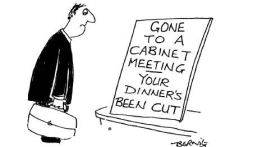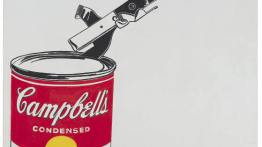A hotel on the Strand is a potent symbol in the great money-Monopoly game
‘A jolly nice little place for lunch, handy because you can get to it on a number 11 bus.’ That was a senior partner of Cazenove the stockbrokers talking about the Savoy in the days when captains of industry and City grandees treated its Grill as their canteen — and my predecessor Christopher Fildes, who nicknamed it the Dealmakers’ Arms, was often at the captains’ tables. ‘A jolly nice little place for lunch, handy because you can get to it on a number 11 bus.’ That was a senior partner of Cazenove the stockbrokers talking about the Savoy in the days when captains of industry and City grandees treated its


